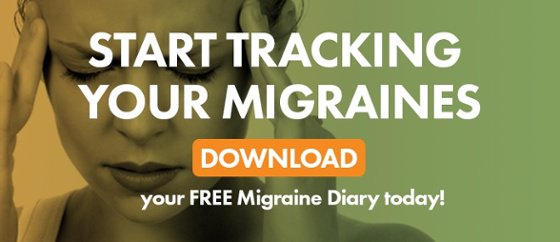
The phrase "have you tried exercise?" is all too familiar to any chronically ill person, including migraine sufferers. Well-meaning friends, family members, and even health professionals often make this suggestion to help combat the pain or discomfort one experiences routinely. So, what about migraines and exercise—do they actually help?
How Exercise Can Help
Exercise is a helpful tool when it comes to alleviating certain levels of pain and mental health issues associated with migraines. Studies show that people who suffer from migraines and exercise have less frequent migraines that are less painful and debilitating. This occurs because when we exercise, chemicals known as endorphins are released. These chemicals are messengers for the brain that attach to the brain's reward center and relieve pain and stress. They are your "feel-good" chemicals that can help put you in a better state of mind, improve your mental health, and reduce physical pain. Exercise also releases anti-inflammatory chemicals into the brain and can help improve and regulate sleep. Both of these are trigger reductions, helping with the frequency and intensity of migraine attacks.
Mental Health
Those who suffer from migraines are 5x more likely to suffer from depression than those who don’t, with 20% of episodic sufferers and 30%-50% of chronic migraine sufferers being diagnosed with anxiety. This can increase the overall stress of migraine sufferers, which can, in turn, increase migraine frequency, creating a vicious cycle. Adding appropriate exercise to a treatment plan can lead to an overall decrease in depression, anxiety, and stress, potentially reducing the number of migraines.
Things to Look Out For
When implementing exercise into your migraine treatment plan, it is important to consult your medical professionals. While exercise can help migraines, there is also the risk of suffering from migraine attacks as a result of exercise. Unfortunately, some sufferers may encounter exercise-related headaches during or after physical activity. This type of headache typically lasts from roughly 5 minutes to 48 hours and may feel similar to a migraine attack.
Certain workout routines can worsen or increase the possibility of getting a headache. Strenuous or vigorous exercise is more likely to cause or aggravate a migraine, as they are generally triggered by movement, quick head turns, and bending over. Some examples of activities that can cause or aggravate migraines include:
- Weightlifting
- Tennis
- Football
- Running
Exercising the Right Way
So, we have gone over how exercise can help and the risk factors, but what about how to exercise correctly? It is important to start your exercise regimen properly, especially in the beginning. Ensure that you eat food beforehand and have enough water before, during, and after your workout. Start slow; it's recommended to start at three days a week, only exercising for as long as you are comfortable. It is important to warm up at the beginning of your workout for at least 3 to 5 minutes.
A study found that aerobic exercise is extremely helpful for chronic migraines, with a reduction of 20% to 54% in pain intensity after aerobic exercise. If aerobic exercise isn’t for you, other exercises can help, such as:
- Walking
- Biking
- Yoga
Exercise can be a valuable tool to help reduce the frequency and intensity of migraine pain over time, potentially decreasing the use of medication. However, it is important to be safe with exercise and listen to your body. If you experience a headache during or after working out, it is best to stop and lie down. Taking steps to become more active can potentially help with migraines overall.


